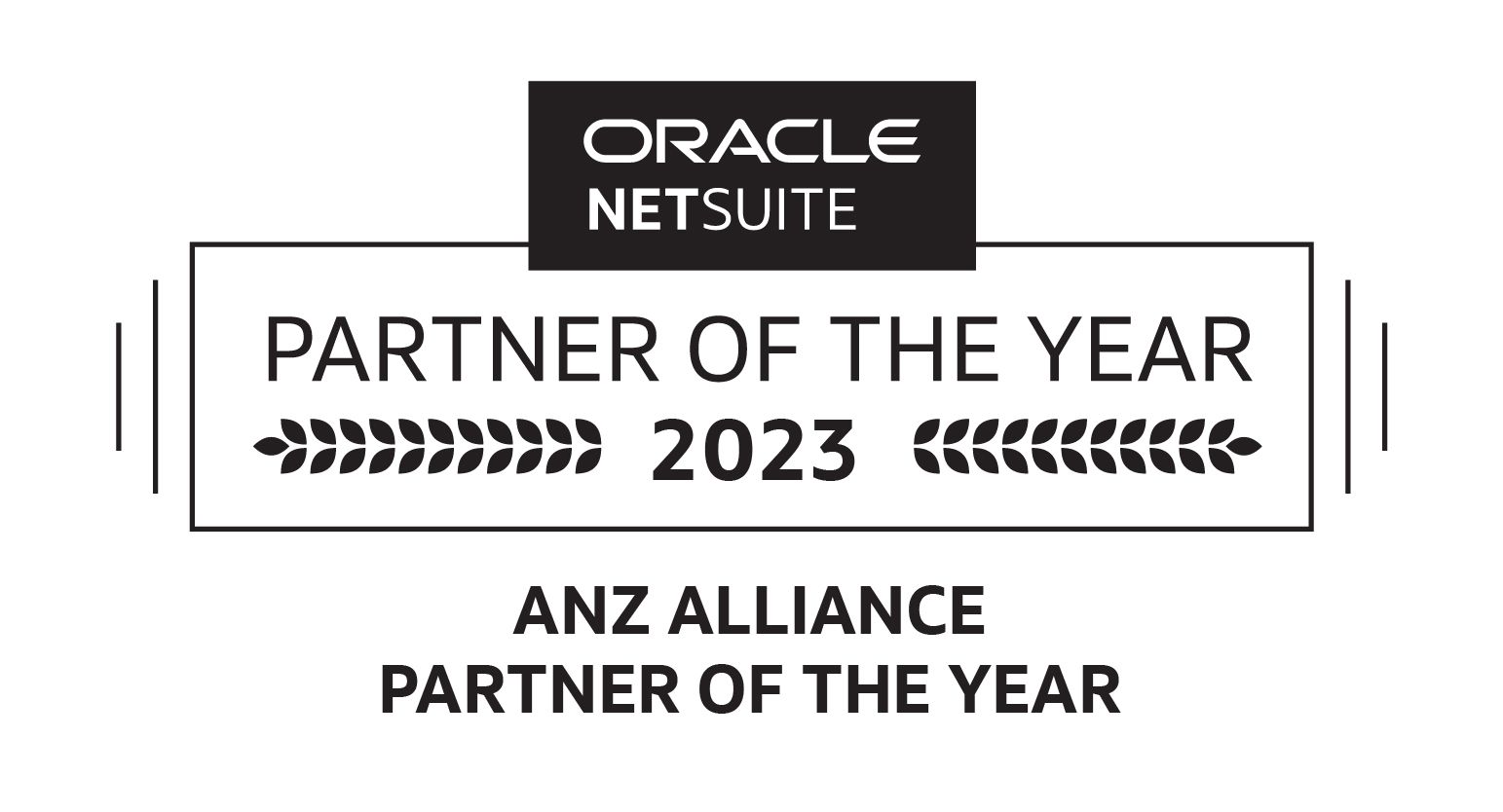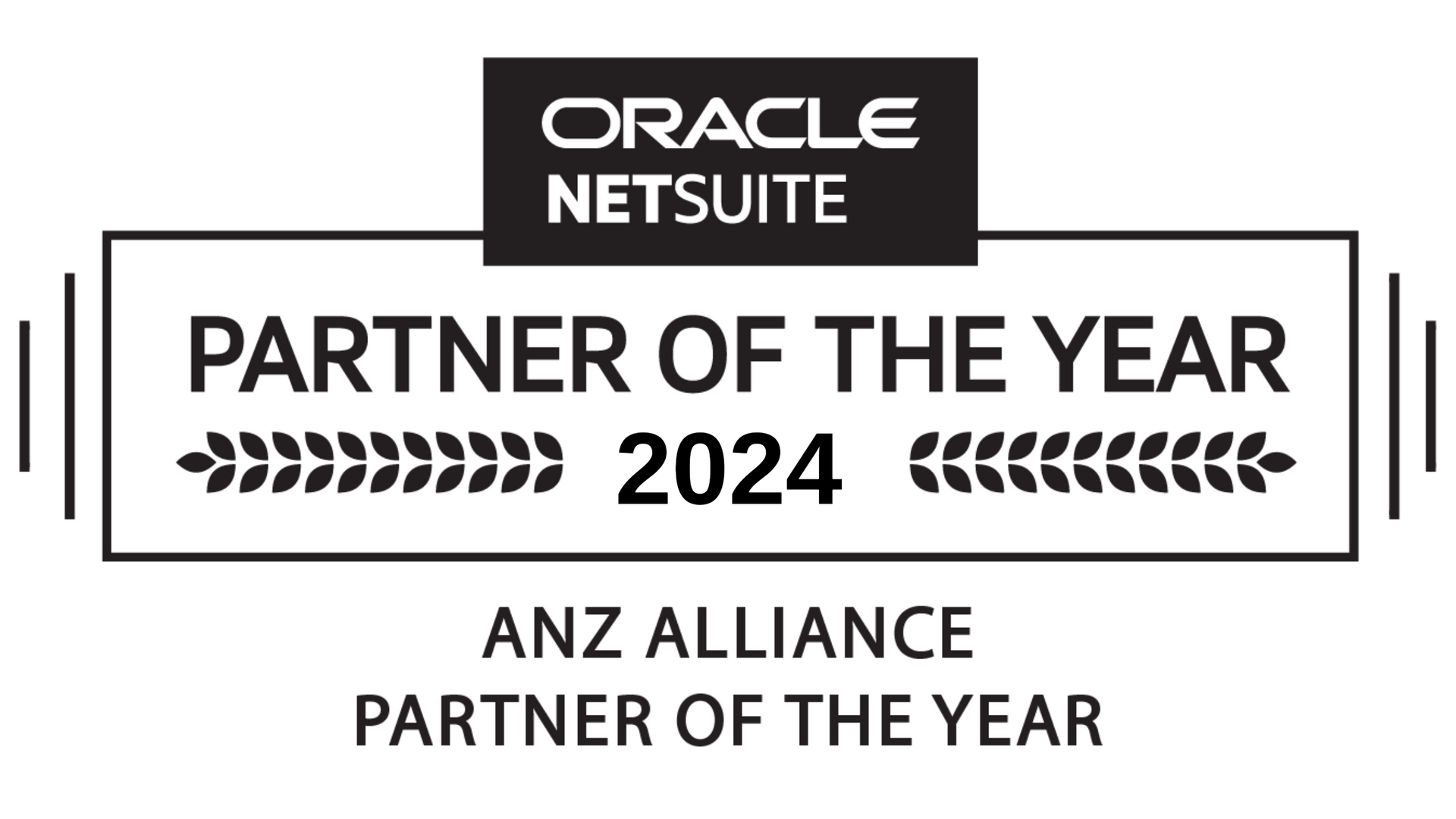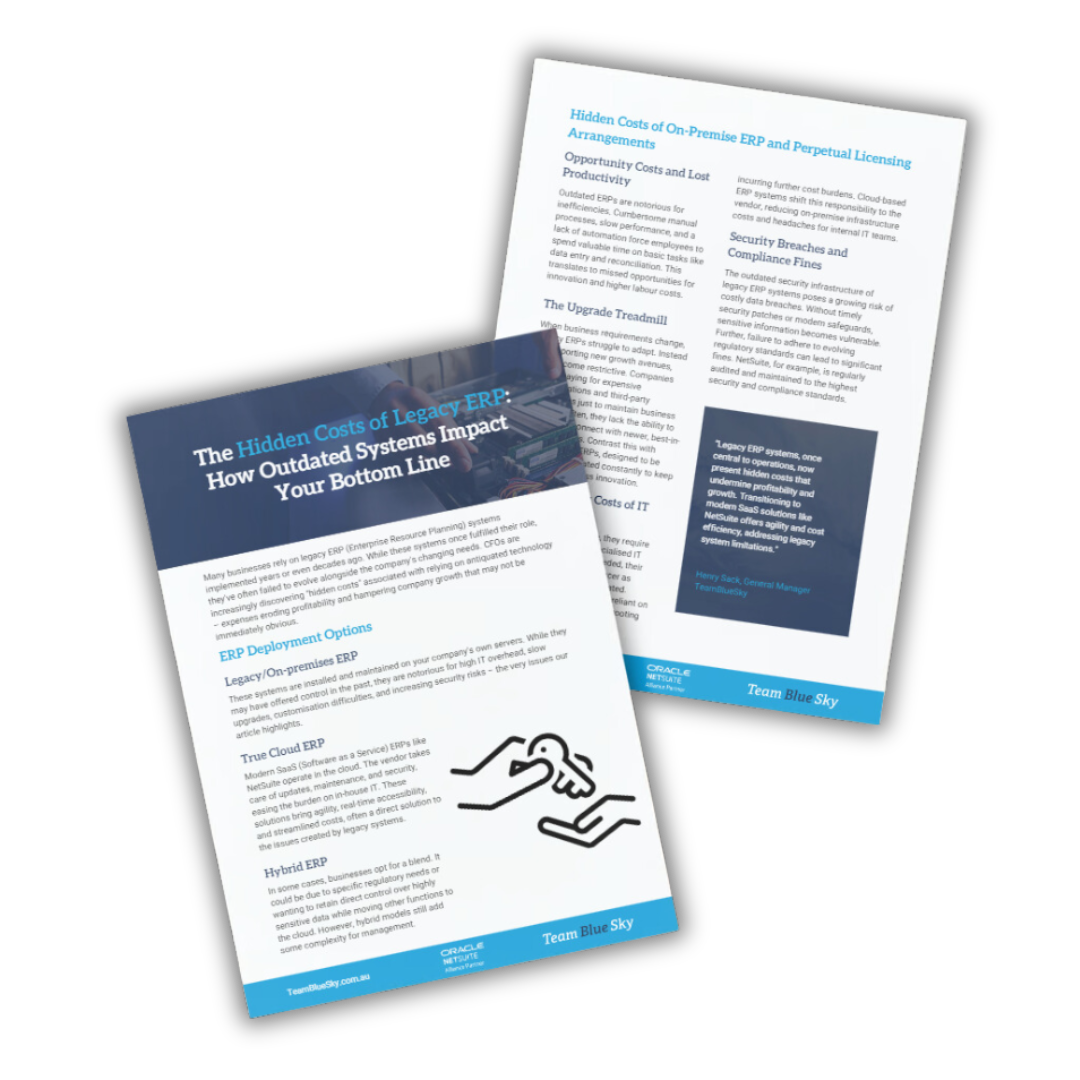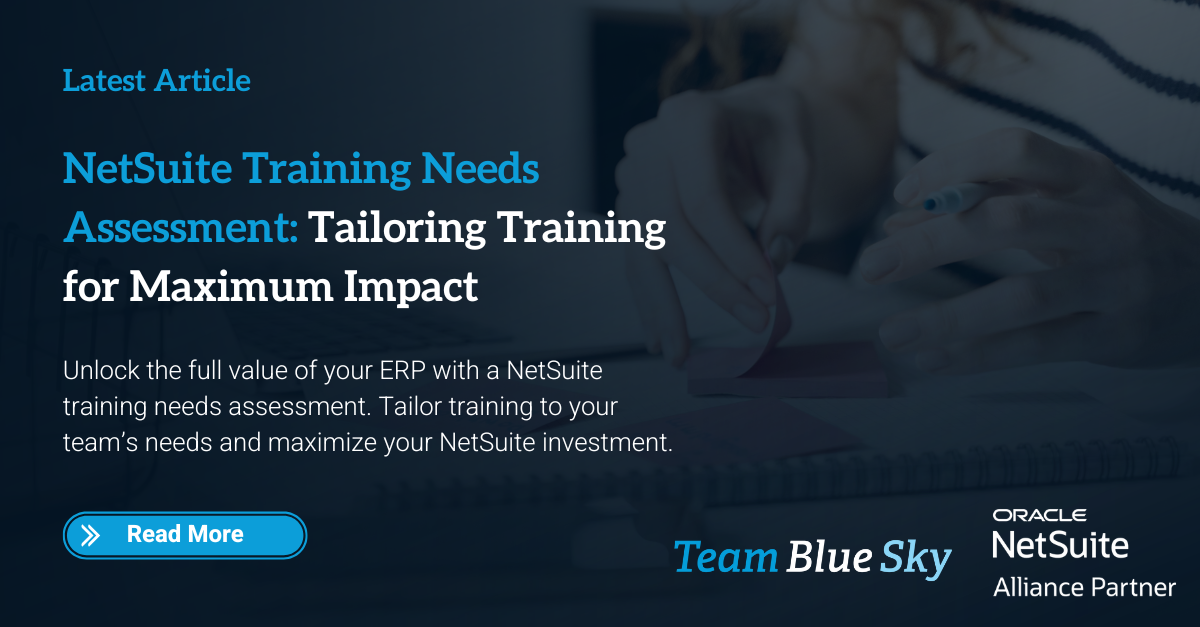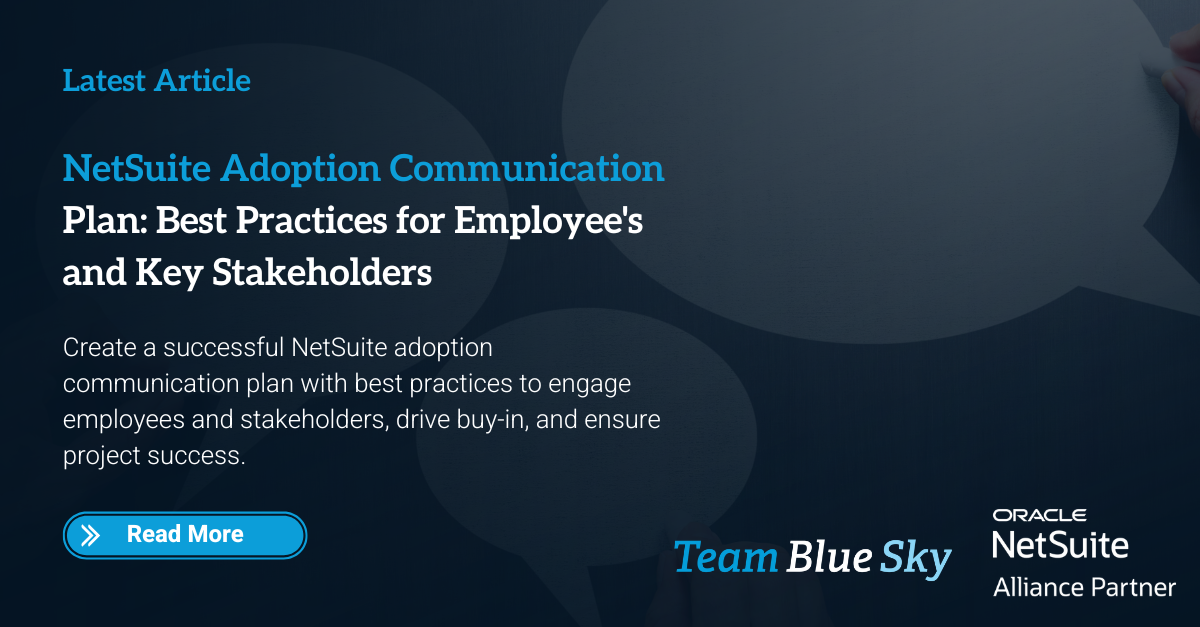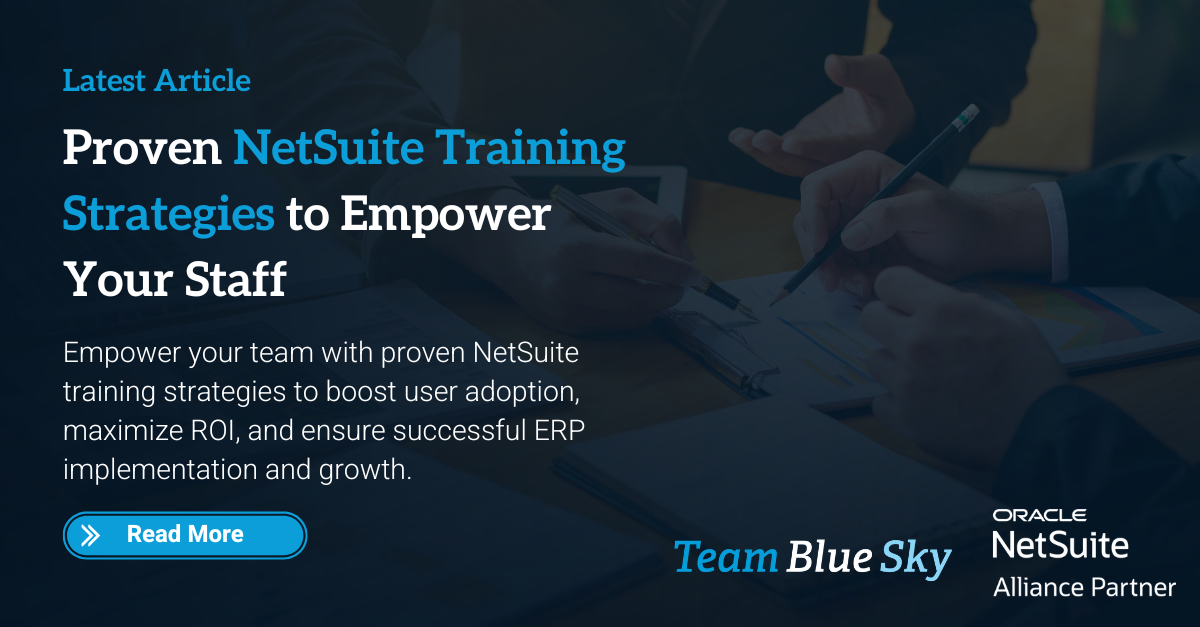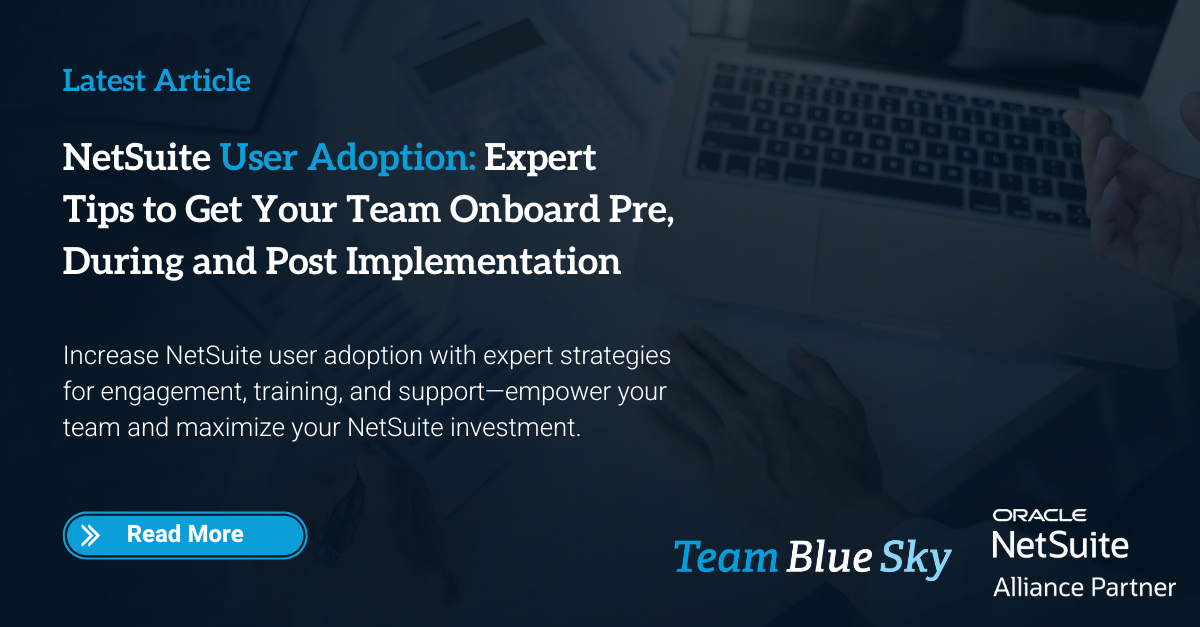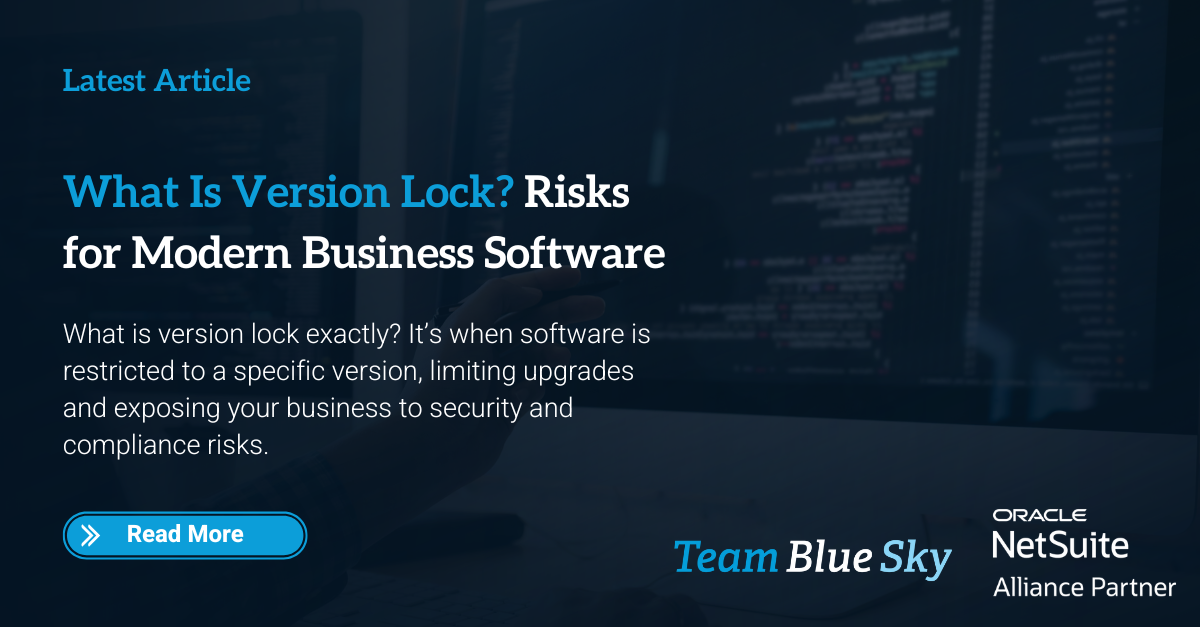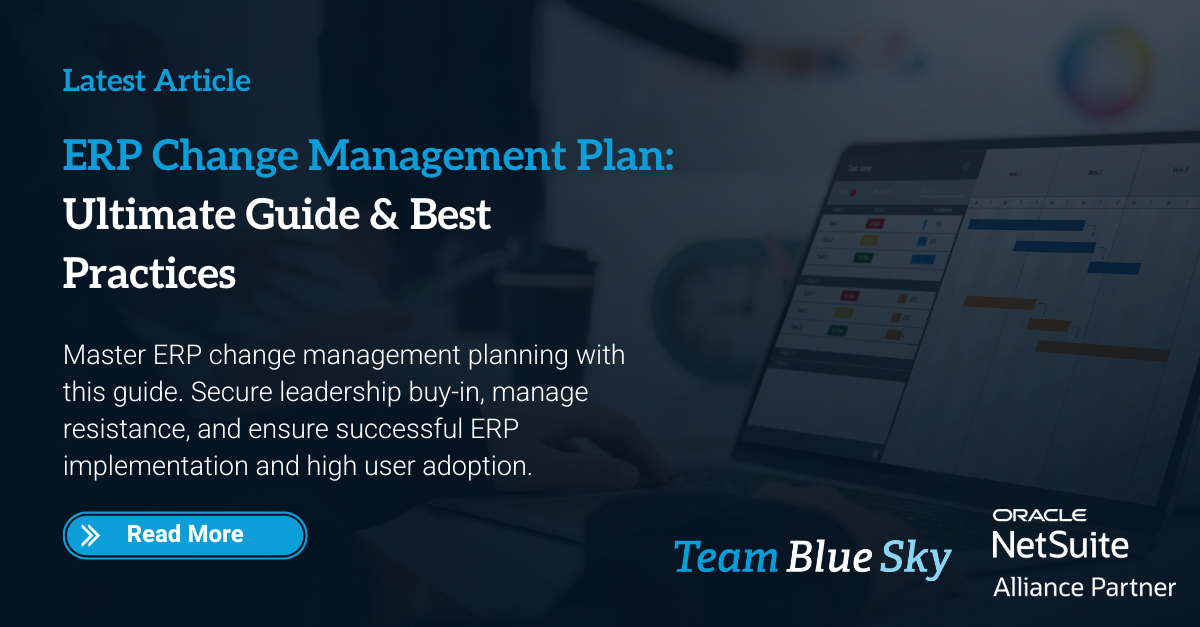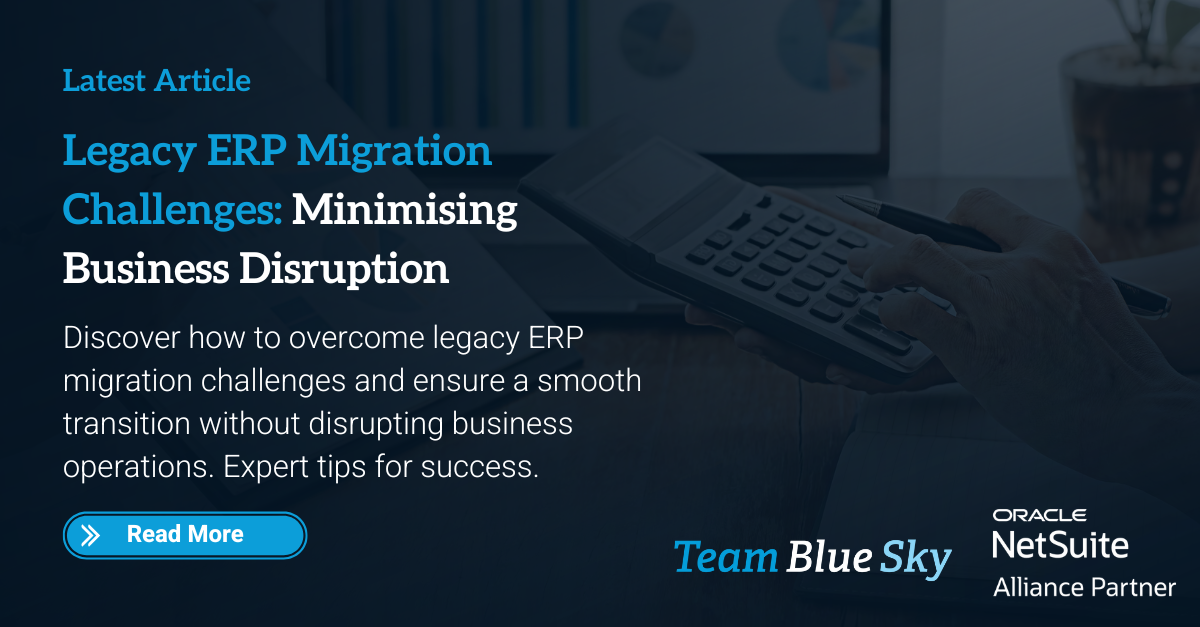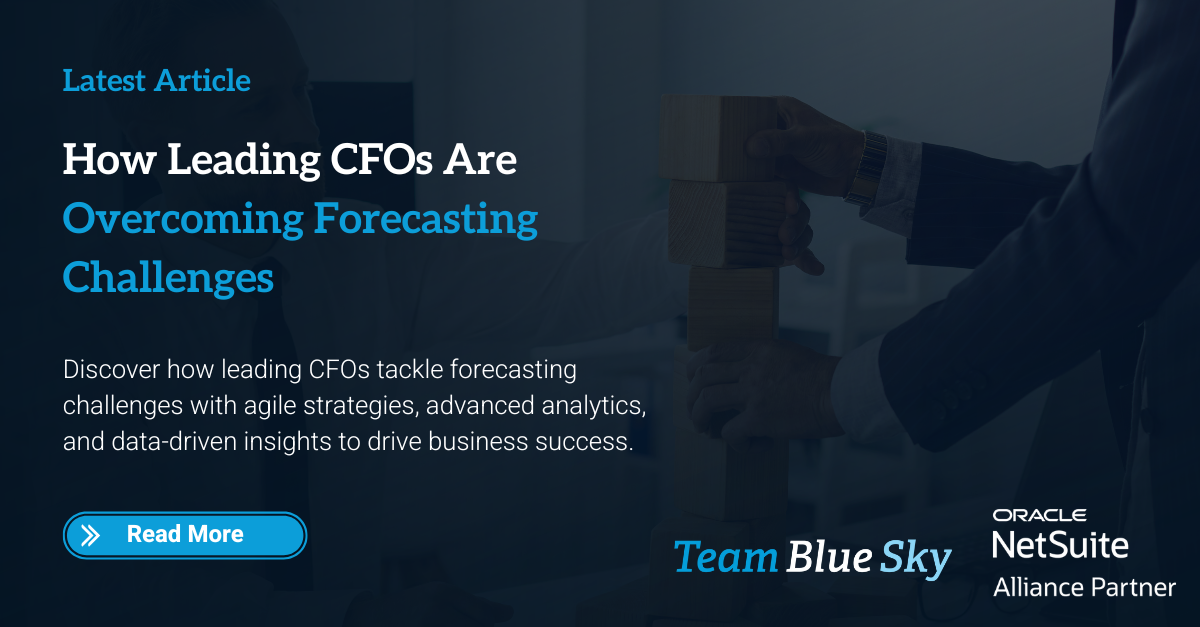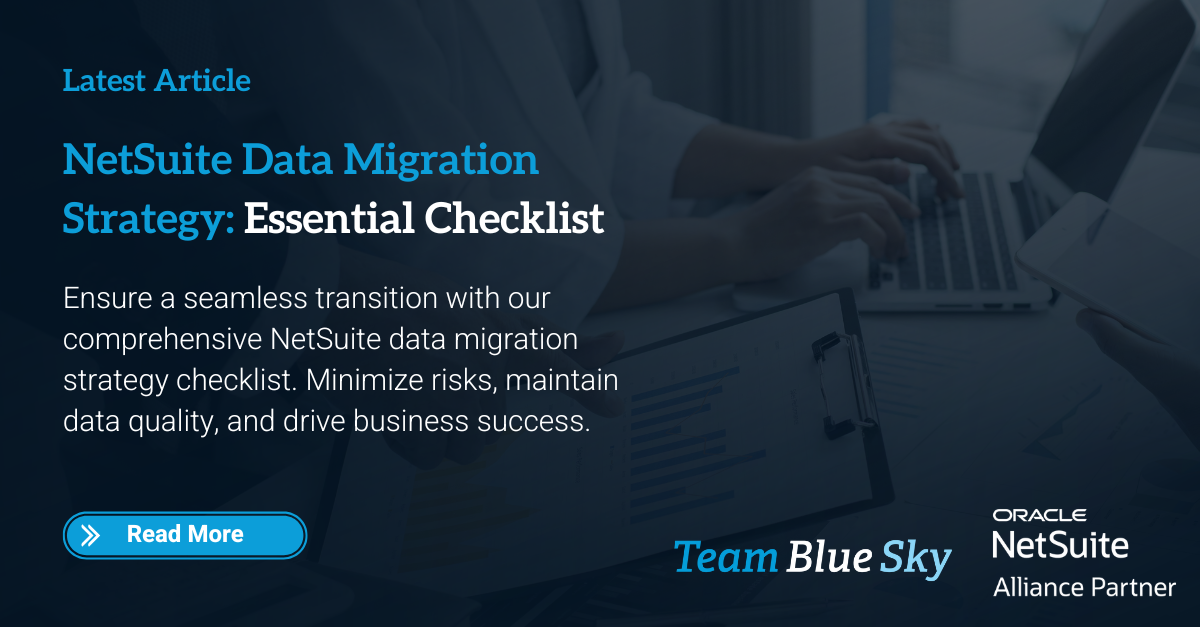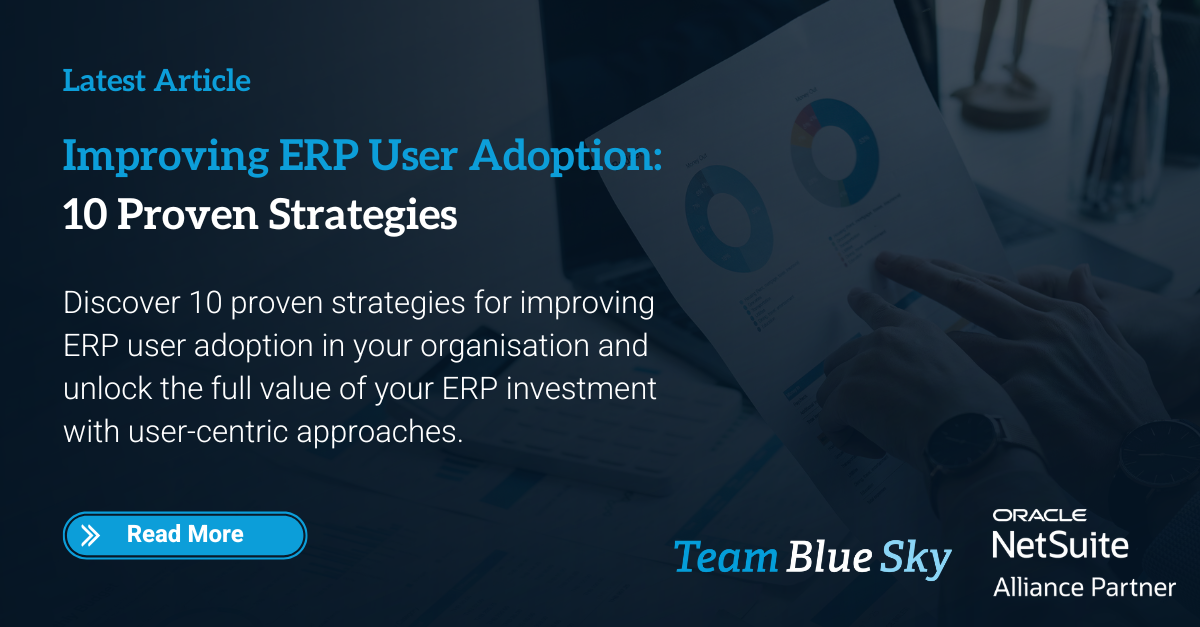The Hidden Costs of Legacy ERP: How Outdated Systems Impact Your Bottom Line
Many businesses rely on legacy ERP (Enterprise Resource Planning) systems implemented years or even decades ago. While these systems once fulfilled their role, they've often failed to evolve alongside the company's changing needs. CFOs are increasingly discovering "hidden costs" associated with relying on antiquated technology – expenses eroding profitability and hampering company growth that may not be immediately obvious.
ERP Deployment Options
Legacy/On-premises ERP
These systems are installed and maintained on your company's own servers. While they may have offered control in the past, they are notorious for high IT overhead, slow upgrades, customisation difficulties, and increasing security risks – the very issues our article highlights.
True Cloud ERP
Modern SaaS (Software as a Service) ERPs like NetSuite operate in the cloud. The vendor takes care of updates, maintenance, and security, easing the burden on in-house IT. These solutions bring agility, real-time accessibility, and streamlined costs, often a direct solution to the issues created by legacy systems.
Hybrid ERP
In some cases, businesses opt for a blend. It could be due to specific regulatory needs or wanting to retain direct control over highly sensitive data while moving other functions to the cloud. However, hybrid models still add some complexity for management.
Hidden Costs of On-Premise ERP and Perpetual Licensing Arrangements
The Spiralling Costs of IT Maintenance
As legacy systems age, they require substantial upkeep. Specialised IT professionals may be needed, their knowledge becoming scarcer as technologies become outdated. Businesses become heavily reliant on these resources for troubleshooting and updates, incurring further cost burdens. Cloud-based ERP systems shift this responsibility to the vendor, reducing on-premise infrastructure costs and headaches for internal IT teams.
Security Breaches and Compliance Fines
The outdated security infrastructure of legacy ERP systems poses a growing risk of costly data breaches. Without timely security patches or modern safeguards, sensitive information becomes vulnerable. Further, failure to adhere to evolving regulatory standards can lead to significant fines. NetSuite, for example, is regularly audited and maintained to the highest security and compliance standards.
Lost Business Opportunities and Hampered Growth
Slow decision-making processes caused by reliance on inaccurate or outdated data in an ERP can directly impact the ability to seize promising opportunities. "Running the business without having a source of truth - or any reliable source of truth, for that matter - was extremely difficult. NetSuite changed everything,” notes Rachel Berg, VP of Business & Services Operations at Boosted Boards. Without scalable processes offered by modern ERPs, expansion becomes strained and expensive, putting competitors at an advantage.
The True Cost of Outdated Systems
It is crucial for CFOs to look beyond the direct expenditures of maintaining a legacy ERP system. When you factor in wasted productivity, increasing IT costs, security risks, compliance hazards, and missed growth opportunities, the true cost of doing nothing becomes staggering. It's time to consider how a modern ERP like NetSuite can bring agility, cost savings, and a platform for long-term success.
The Benefits of Modern Cloud ERP
While legacy ERP systems present numerous obstacles, the shift to a modern, cloud-based platform like NetSuite unlocks tremendous value and addresses many of the pain points we've discussed:
Real-Time Data & AI-Powered Insights
Say goodbye to manual data wrangling and delayed decision-making. Cloud ERPs deliver real-time access to vital business metrics across departments, allowing for instantaneous insights to fuel proactive choices. Advanced analytics embedded in platforms like NetSuite help predict trends and automate processes that lead to smarter business decisions, not just better reports.
Streamlined Implementation
Modern ERP implementations don't have to be disruptive nightmares. Cloud ERPs often incorporate streamlined, phased approaches that minimise disruptions to ongoing operations. Users get acquainted gradually, improving collaboration and ensuring a smooth transition. Contrast this with the costly and risky 'big bang' upgrades often the only option with legacy systems.
The Bottom Line Advantage
Switching from legacy ERP to a cloud-based system addresses "hidden costs". Imagine freeing up IT resources from constant maintenance, eliminating security patching anxieties, accelerating processes with real-time data, and avoiding upgrade disruptions. Modern ERPs aren't just a technology change, they're a transformation empowering CFOs to streamline operations and drive financial efficiency.
Fake Cloud vs. True Cloud: Not All Solutions Are Equal
The term "cloud" sometimes creates confusion. Here's the distinction:
Fake Cloud: Some vendors host a modified version of their on-premises software in a data centre and label it "cloud." While this shifts physical server maintenance, it often fails to deliver the scalability, agility, and innovation expected from true cloud solutions.
True Cloud ERP: A system designed from the ground up for the cloud, like NetSuite, offers multi-tenancy with shared infrastructure, making upgrades seamless and costs predictable. These platforms are inherently flexible, accessible from anywhere, and optimised for continuous advancement.
The Case for Change
If managing these 'hidden costs' is a constant concern, moving your ERP to the cloud promises transformative benefits. Cloud-based ERP systems like NetSuite free businesses from the operational and financial burdens of legacy solutions. This empowers CFOs to redirect resources towards innovation, agility, and, ultimately, stronger overall business performance.
Ready to Explore NetSuite?
Ready to explore NetSuite? If you're struggling with the high costs of a legacy system, limited visibility, or slow processes, NetSuite's award-winning cloud ERP could be the solution.
Contact TeamBlueSky to learn how we help businesses streamline operations and gain real-time financial insights.

Henry Sack
General Manager

With over 12 years of experience as a NetSuite implementation consultant, Henry Sack leads TeamBlueSky’s team of NetSuite and accounting experts in his role of General Manager.
TeamBlueSky is a leading Australian
NetSuite Alliance Partner whose mission is to provide critical
NetSuite BPO and
Payroll services to NetSuite clients who are wanting to simplify their
back office processes and partner with a leading
NetSuite administration expert.
TeamBlueSky have also partnered with global Suite Developer Network partners to offer local solutioning, implementation and support services for global NetSuite SuiteApps.


